|
|
|
|
A fortnight ago, two Conversation authors ran the numbers on JobKeeper. They were puzzled at how the government came up with the estimate that 6.6 million workers would get the wage subsidy. Based on the best information they had, Professors Roger Wilkins and Jeff Borland wrote that only 3 million workers would qualify.
Last week, the federal Treasury massively revised the estimated cost of the JobKeeper program and admitted their blunder.
This is where The Conversation is so valuable. Our academic authors, armed with the latest research and decades of knowledge, provide clarity and insight into the policy and discussions shaping our nation.
Take Adjunct Associate Professor Karleen Gribble. Last November, at the height of the bushfire season, Gribble wrote with her colleague Nina Jane Chad on how to evacuate a bushfire with a baby. The story revolved around one central piece of advice: what to put in your emergency kit. The article was shared by the Red Cross, national media and thousands of families during the bushfires. Gribble said: “The most significant impact so far is that
VicHealth has now updated its official guidance on emergency kit items for babies – based on our Conversation article.”
The Conversation provides a direct line from experts to those who need expertise. You get to see the ideas before they’re part of a broader public discussion. In Nicole Lee’s case, a Conversation article led to changes in the law:
“After a series of Conversation articles on methamphetamine, a large NGO invited me to help them and Vietnam’s government develop a new approach on drug treatment. I met with government officials, who signed a memorandum of understanding about changing their laws. Now there will be more interventions to help people, rather than just putting them in detention centres.”
The Conversation isn’t just a news site. We care less about clicks than we do about making a real difference, and that’s why we need your help. A donation from a reader like you can help create more impact. If you’re able, please give a one-off or monthly donation – it’s a direct investment in experts and the impact their trusted knowledge can have on society.
|
Molly Glassey
Digital Editor
|

|
|
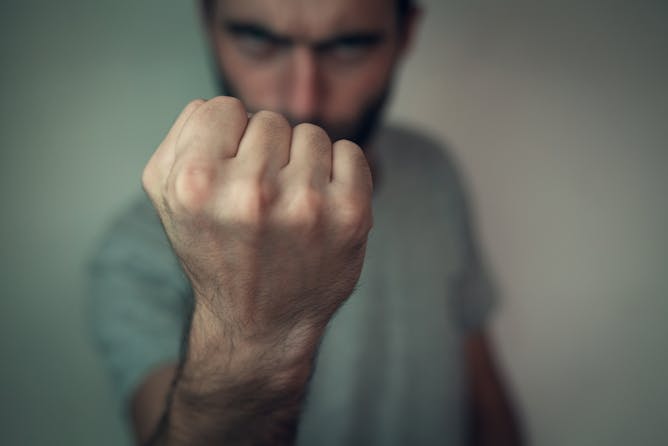
Shutterstock
Sian Tomkinson, University of Western Australia; Katie Attwell, University of Western Australia; Tauel Harper, University of Western Australia
Incels, or 'involuntary celibate' men, are increasingly radicalising online and committing acts of violence against women. New research explores ways the government can combat it.
|
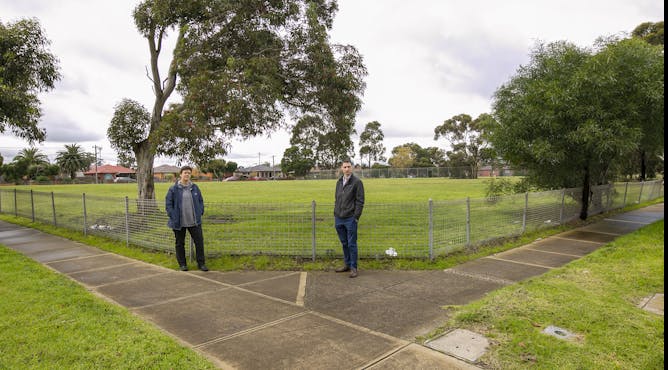
This former school site in Dallas, Melbourne, is one of many sites suitable for public housing that are being prepared for sale in areas with high housing need.
Roland Postma
Libby Porter, RMIT University; Liam Davies, RMIT University
Of 2,646 hectares of public land being prepared for sale in Victoria, 24 sites are suitable for building high-quality public housing in places of high need. Why isn't the land being used for this?
|
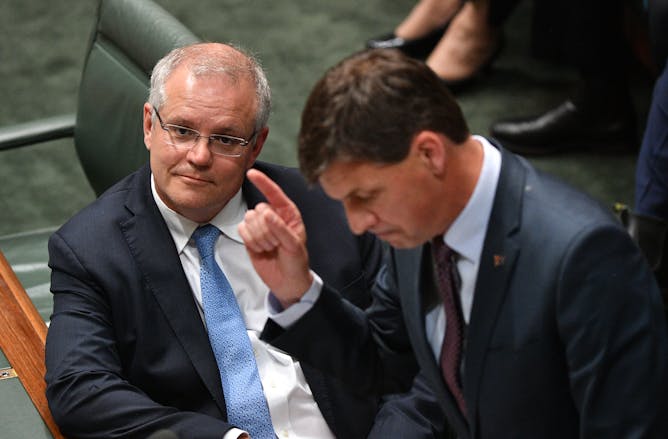
Mick Tsikas/AAP
Bill Hare, Potsdam Institute for Climate Impact Research; Ursula Fuentes, Murdoch University
Every few years, the idea of using gas to transition to a zero-emissions economy seems to re-emerge. Woodside's Burrup Hub proposal shows why it's still a bad move.
|
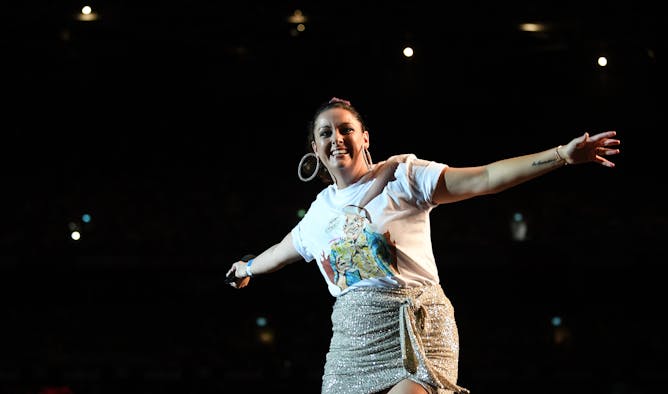
Joel Carrett/AAP
Krystian Seibert, Swinburne University of Technology
A comedian's record-breaking fundraiser shows us the power of celebrity. But it also reveals the complexities of raising a lot of money very quickly.
|

Shutterstock
Simon Rosenbaum, UNSW; Jill Newby, UNSW
Mental health is more than just the absence of mental illness. Positive mental health involves feeling good and functioning well, and there are ways to improve even if you don't have a mental illness.
|
Education
|
-
Mandie Shean, Edith Cowan University
Going back to school can be tough for children who suffer from social anxiety.
|
|
Business + Economy
|
-
Brigit Busicchia, Macquarie University
Continuing flour shortages in supermarkets highlight a fundamental food security problem in distribution systems.
-
Andrei Alexander Lux, Edith Cowan University
Authentic leadership doesn’t just mean 'being true to yourself'. It requires self-awareness, a moral compass, understanding your own internal biases and vulnerability.
-
Michael Keating, Australian National University
Treasury's inability to forecast wage growth suggests it doesn't understand what cases it and why we need it.
|
|
Arts + Culture
|
-
Kim Toffoletti, Deakin University; Adele Pavlidis, Griffith University; Holly Thorpe, University of Waikato; Rebecca Olive, The University of Queensland
Online workouts can give women support and inspiration. Now they've discovered the benefits, women might be less inclined to return to the gym once restrictions are lifted.
-
Guy Morrow, University of Melbourne; Brian Long, University of Melbourne
JobKeeper is designed for people with steady jobs. The arts don't work that way.
|
|
Environment + Energy
|
-
Sarah McLaren, Massey University
Countries account for emissions based on all activities that happen within their territory, which means countries that export more than they import will likely have higher per capita emissions.
|
|
Health + Medicine
|
-
Tim Adair, University of Melbourne; Alan Lopez, University of Melbourne
There is a large and widening gap between the richest and poorest Australians in terms of risk of dying before the age of 75, according to a study tracking the trend from 2006-16.
|
|
Politics + Society
|
-
Michelle Grattan, University of Canberra
Scott Morrison, not one to waste a crisis, is calling the coronavirus a chance to reform the country's industrial relations.
-
Dominic O'Sullivan, Charles Sturt University
If perception is everything in politics, what does it say when a leader poses with a Trump MAGA hat?
|
|
Science + Technology
|
-
Eryn Newman, Australian National University; Amy Dawel, Australian National University; Madeline Claire Jalbert, University of Southern California; Norbert Schwarz, University of Southern California – Dornsife College of Letters, Arts and Sciences
Instead of debunking false claims, psychology shows promoting the facts is a more effective way to fight the spread of misinformation.
|
|
| |
Featured jobs
|
|
|
| |
| |
| |
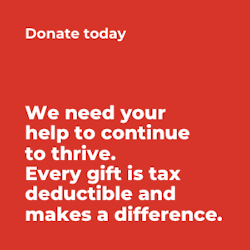
|
| |
| |
| |
Featured Events & Courses
|

|
Level 21, 15 Broadway, Ultimo, New South Wales, 2007, Australia — University of Technology Sydney
|
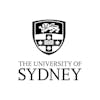
|
Online, Sydney, New South Wales, 2006, Australia — University of Sydney
|

|
Online webinar, Perth, Western Australia, 6027, Australia — Edith Cowan University
|

|
Online Live Stream Only, Online Live Stream Only, Victoria, 3800, Australia — Monash University
|
|
|
|
| |
| |
| |
| |
| |
|
|
|
|
|
|
|